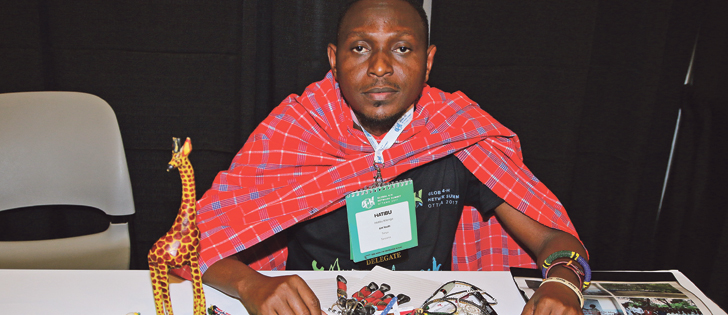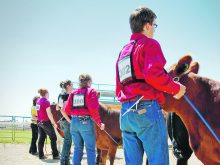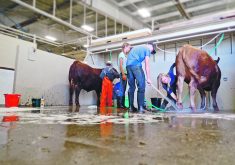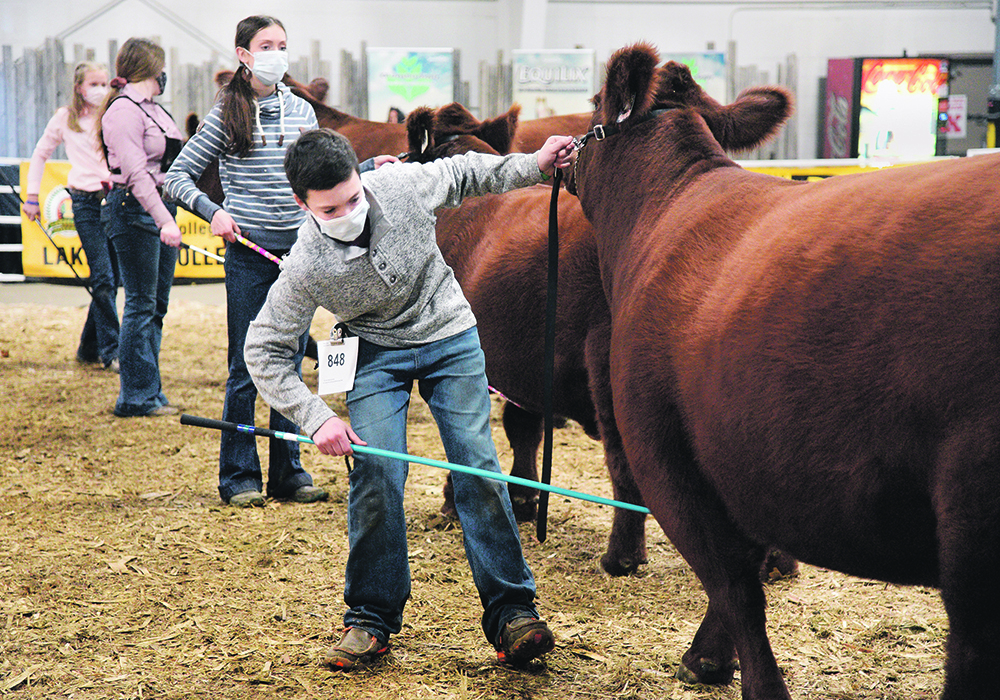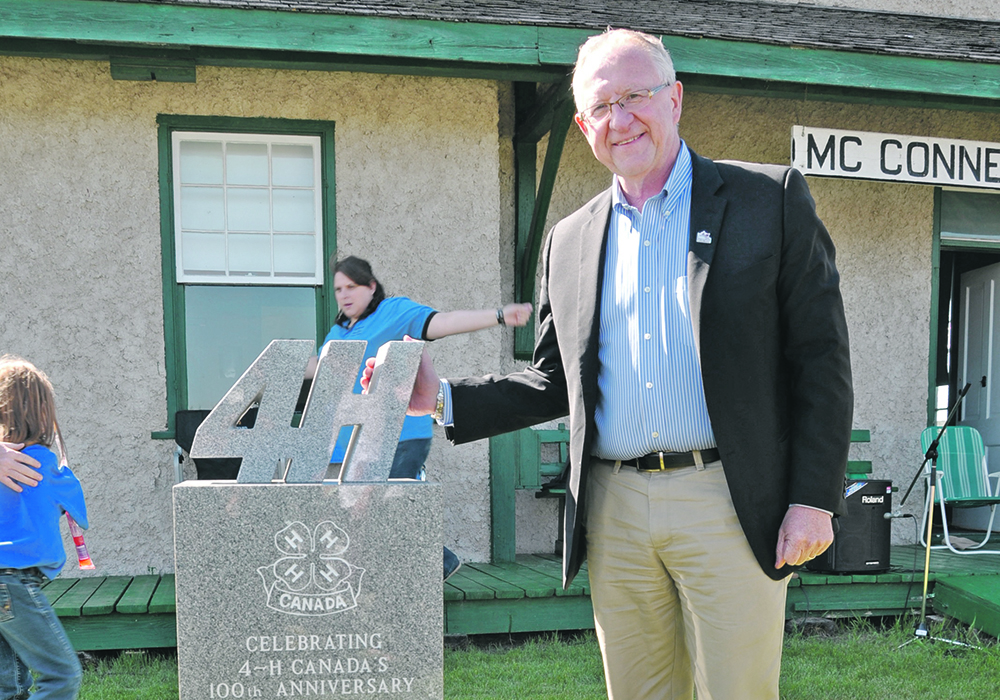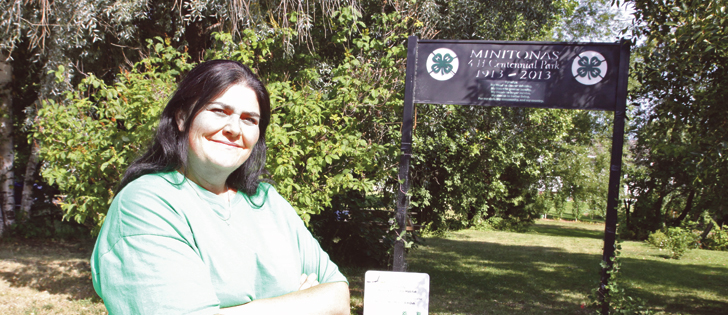Five thousand Gambians lost their lives trying to cross the Mediterranean Sea in search of a better life in 2016.
Ousman Sonko of the Rural Development Institute in Gambia thinks young people hold the key to improving life in his country of 1.8 million people.
During the Global 4-H Network Summit, where young people and volunteer leaders from more than 30 countries gathered in Ottawa July 10-14, he was among speakers addressing youth development, community engage-ment, leadership and global citizenship.
Sonko cited young people’s flexibility, higher level of education and social media skills and connection to global concerns as assets for change.
Read Also
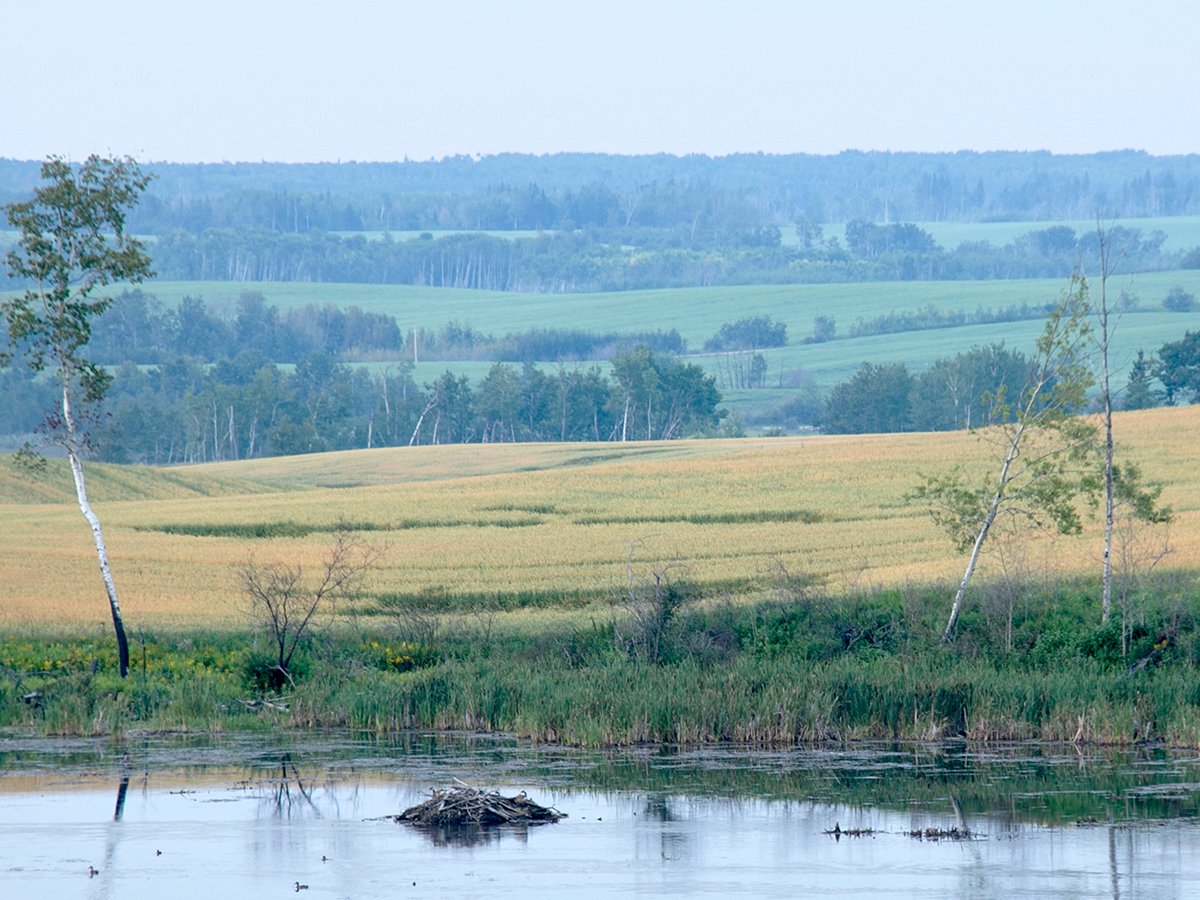
Intergenerational rollover rules can help succession plans
One of the most significant concerns in succession planning for farmers is the tax bill that can come with passing the farm to the next generation.
He explained why he planned to post these messages on Facebook for his 500 followers to see.
“To follow us, to get better conditions for young people to stay in their communities and invest in agriculture and related activities rather than dying in the Mediterranean,” said Sonko.
The way forward for Gambia is through investing in entrepreneurship, not charity, he said.
In Finland, an income generating 4-H Enterprise program was created in the 1920s because of a need for food during harsh economic times.
Paivi Haapasalo of the Finnish 4-H Federation said it provided skills in animal husbandry, logging and forestry.
“Entrepreneurship is the best way for educating young people because it includes everything,” she said, citing planning, implementing and marketing projects in addition to learning social skills such as public speaking.
“Earning through business is a good motivator,” Haapasalo said.
Finland has shared its programming with countries such as Namibia and Tanzania, she said, citing the example of a former 4-Her there who now operates a fruit, vegetable and beekeeping operation that provides seasonal employment for young people.
She advised starting such programs “the earlier the better.”
Kevin Mariachi is the chief executive officer of the Fabretto Foundation, which helps children in Nicaragua, where there is a great need for technical skills training.
The introduction of 4-H is one way to increase opportunities for young people in a country where half of Nicaraguan children will drop out by Grade 6.
He is hoping that incorporating sciences and mathematics and learning by doing will stem that tide and improve their fortunes.
Marlon Lopez, a 4-H alumni who mentors and tutors 4-Hers in Managua, agreed.
“That’s most important because they practice what they learn,” he said.
The hope is through such programming that they will find solutions to problems they encounter, he said.
Kirk Astroth of the University of Arizona’s Norton School of Family and Consumer Sciences said the world is growing while interest among young people in farming declines.
Learning to create small-scale sustainable agriculture at the local level is a good start, he said, citing examples in Mexico where 4-H is getting established.
He said 4-H is a highly adaptable program that instills the five Cs of confidence, character, care, compassion and connections in young people to help them make positive contributions in society.
“I say take what you can from existing programs and adapt that in your context,” he said.
“There’s no cookie cutter approach. It’s different for every country.”
Haapasalo said Finland’s program received help from other countries’ programs when it launched so is now supporting others and sharing its resources.
“In Africa, it means they can stay in the area where they came from and make a much better life,” she said.
The Nicaraguan program is also helping Honduras to create similar programming there.
Kim McConnell, former chair of the 4-H Canada Foundation, said 4-H is more than just the beef projects of his youth. It’s about life skills and leadership development, he added.
“It’s filling a need in different areas,” he said. “It’s responding to the needs and being able to do this in a movement that is positive and reactive.”
McConnell cited the example of 4-H clubs’ involvement in river cleanup, irrigation improvements and earthquake recovery efforts in Nepal.

